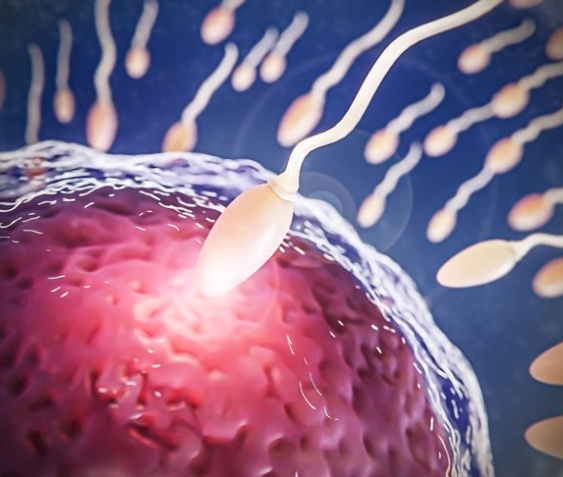Welcome to Jananam Fertility
Welcome to Jananam Fertility


Ovulation disorders account for 25-30% of female infertility cases, with conditions like polycystic ovary syndrome (PCOS) affecting 8-13% of reproductive-age women and causing irregular ovulation. Additionally, 10-15% of women with ovulatory dysfunction have hypothalamic or thyroid-related issues, impacting fertility.
Book AppointmentThe process of releasing eggs from the ovaries is called ovulation. In a typical 28-day menstrual cycle, ovulation takes place roughly 14 days before the start of menses. Ovulation issues are when the follicles are not growing properly or when they are unable to deliver a mature egg throughout the menstrual cycle. The issue with ovulation is one of the main factors in female infertility. Approximately 25% of infertile women have unique ovulation problems. The medical word for a failure to generate and/or release eggs is anovulatory. While it only occasionally does so permanently, it occasionally does so in other situations. Ovulation can be seen for a few months, but it may not happen in other months.
The arousal of ovulation problem is influenced by a variety of circumstances, including:Hormonal imbalance being the most typical cause. These hormones work in concert to encourage the development of follicles and ovulation. These hormones are essential for maintaining the lining following ovulation. Their synthesis takes place in the ovaries, pituitary, thyroid, and adrenal glands, as well as the hypothalamus, a brain region.
Polycystic ovary syndrome may potentially cause ovulation issues (PCOS).It might also happen as a result of excessive activity, stress, or weight loss or growth.Ovulation may be impacted by drugs including progestin, oestrogen, and antidepressants.In addition, a physical injury to the ovaries could result in a missed ovulation.
There is a thorough physical examination.The history of menstruation cycles is thoroughly discussed as well.Additionally, blood tests and ovarian ultrasounds are performed.During the menstrual cycle, an ultrasound and a blood test are required to determine whether or not ovulation is taking place.
The method of treatment is determined by the cause of the ovulation issue. If the underlying cause is a hormonal imbalance, such as low thyroid or insulin levels, prescription drugs may be advised.Females with unexplained ovulation issues typically start with fertility medications that support ovulation.
